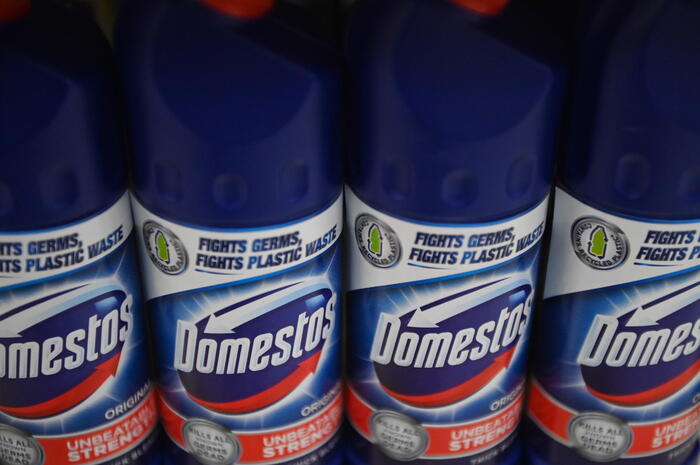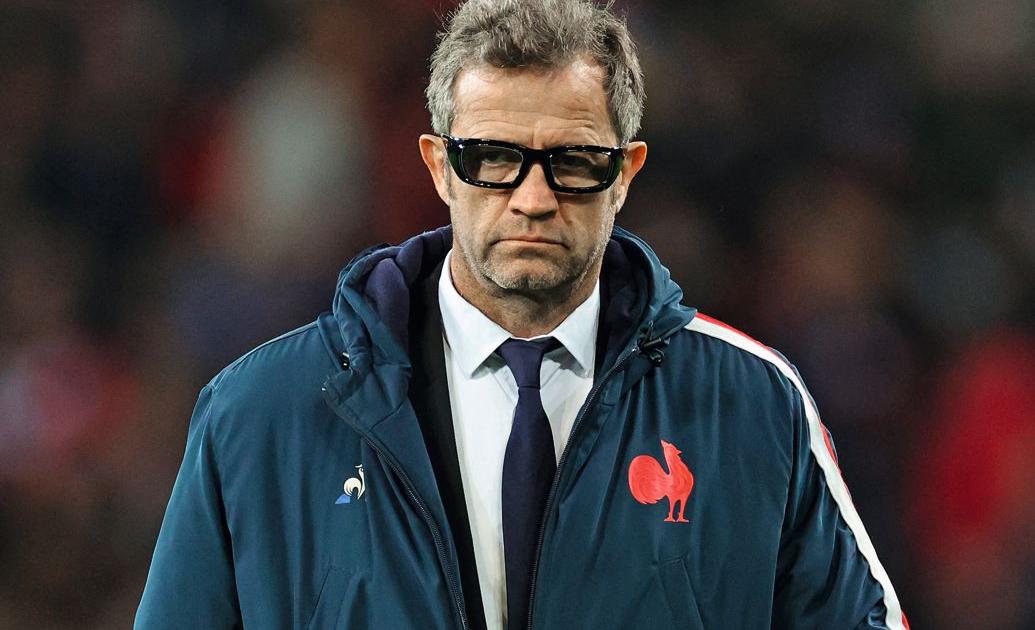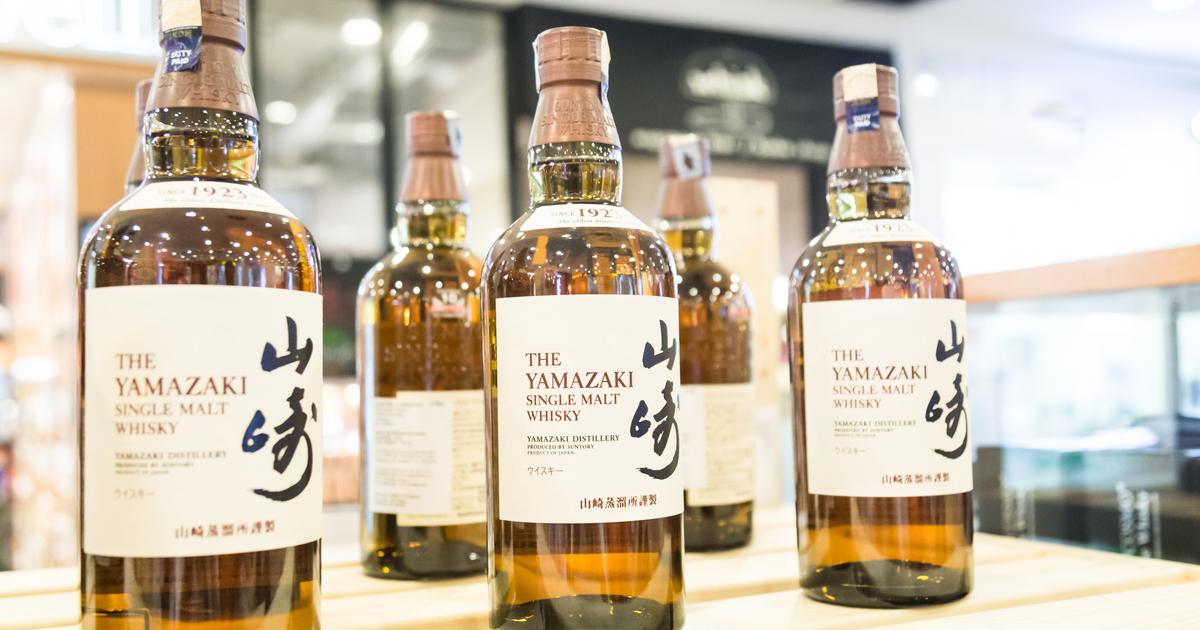A worker from Lejias Cile, in the brand's factory in Albolote, GranadaFermin Rodriguez
Disinfection of any surface in the home has become a widespread and daily habit.
And it is here to stay.
A habit that, after the start of the pandemic in March 2020, has filled the shopping cart of Spaniards with various products that they claim to end with any virus.
A step further in cleaning the home that has brought back the glory of reviled products such as bleach and that has triggered the consumption of others such as multipurpose disinfectants.
"In recent years there has been a growing trend towards the consumption of these products, but it was not until the emergence of covid-19 that there has been a very strong increase in demand," says Pilar Espina Manchón, general director of the Association of Detergents and Cleaning Products Companies (Adelma).
This trend, according to the Spanish Association of Distributors, Supermarkets and Supermarkets (Asedas), had its peak during the first weeks of the pandemic: disinfectants and bleaches experienced an increase in demand of more than 100%, and household cleaners home, about 30%.
Some purchases that have been reflected in the total turnover of the sector.
According to Nielsen, bleaches and disinfectants had a turnover of 314.8 million euros in 2020, an increase of 22% compared to 2019. For their part, household cleaners are not lagging behind, with sales of 642 , 1 million euros last year and an increase of 20%.
Bleach led the sales ranking last year and also did so in the first months of 2021. "Spain is a bleach consumer country, with a strong roots in its use," says Oriol Marín,
Henkel's
marketing
director
, with brands like Star or Rabbit.
A product that, according to Nielsen data, sold 293.4 million in 2020, 24% more than in 2019. A rise motivated by its effectiveness in killing viruses or bacteria.
"We had the feeling that people discovered it again," says Sergio Talavera, CEO of Euroquímica-Lagarto, manufacturer, among others, of the Lagarto brand.
“In January we invoiced 153,000 euros between this product and
deterlejías
(a mixture of bleach and detergent);
in March, 500,000, and in April, 800,000.
The last week of March we couldn't cope.
We had to double work shifts, ”he adds.
This situation was experienced in a similar way by most bleach manufacturing companies.
“In 2019 we made three million bottles.
In 2020, one million more ”, points out Inés Sánchez, manager of Casa Kiriko.
Manufacturers for distribution, such as the Valencian SPB, which concentrates almost 80% of its turnover in Mercadona's Deliplus and Bosque Verde brands, also saw the market grow.
“Until the pandemic, we were selling 21 units per day in each store.
From there we went to peaks of 40. A situation that led us to look for new suppliers to meet the demand, ”says Gracia Burdeos, general director of the company.
Some climbs to which the multipurpose disinfectants have also been targeted.
According to Alimarket, in 2019 these products had a turnover of 79.4 million and in 2020 they registered an increase of 9.2%.
“It is a difficult peak to maintain, but with forecasts of conserving a part of this rise”, explains the director of
marketing
of Henkel.
The premise has been confirmed and has led them to live their moment of glory.
"Brands have seen these products take off and everything has been a bit crazy to gain market share," says Sánchez.
The situation has led to the launch of new references with the name of disinfection or sanitizer, “despite the fact that here the bureaucracy to include the word disinfection in the products is very slow.
In addition, there is only one laboratory that does the tests and provides the records.
We had to resort to Scottish laboratories to speed up the process, ”says Sánchez.
Even so, some companies have opted for the Spanish market, such as RB (formerly Reckitt Benckiser), which landed with its Lysol brand in October 2020. “We had seen a growth trend of 15% and 20% in recent years, which made it an interesting segment ”, explains Xavier Cuadrat,
marketing
director
.
Heads and tails
But every face has its cross.
Although the aforementioned companies have seen their income statement grow, other products have paid the toll of the pandemic with declines in sales.
"Detergents for washing machines or fabric softeners, among others, have lost their share," says Talavera.
Something that, according to the general director of SPB, has its explanation in the substitution of some products for others, as is the case of scrubbing with bleach.
In addition, "if the children did not go to school or we did not go out, the stain removers were not so necessary," he adds.
For their part, exports, one of the economic pillars of many Spanish companies today, have played a disparate role.
"They fell due to the closure of borders, although some of our markets such as Morocco have remained," says Talavera.
Meanwhile, SPB, also a private label manufacturer for some European companies, exposes a more positive version: "We have grown 60% in the past year," says Bordeaux.
As for the future,
Henkel's
marketing
director
comments that young households have jumped on the bleach bandwagon "because of its quality / price ratio."
"It has come to stay and now it maintains sales increases of 15%," he says.
Other companies show their uncertainty.
"This year is going to be difficult, volatile and uncertain due to the contraction of the economy", highlights the general director of SPB.
An idea shared by the manager of Casa Kiriko: “The demand for the product will remain above that of 2019, but not like in 2020;
it will tend to stabilize ”.
Hydroalcoholic gel
The disinfectant power of hydroalcoholic gel for personal use has raised it to the first place in terms of consumption, and that until just over a year ago it was difficult to see it outside a hospital.
With little significant sales until the pandemic, in 2020 its rise has been meteoric.
According to Nielsen, last year consumption grew 2,669.7% and made a box of 130.7 million euros.
“It was a significant pull in sales, which amounted to 5% of turnover in the first months, but then stabilized.
In addition, many brands arrived that entered the market and collapsed ”, comments Inés Sánchez, manager of Casa Kiriko.
Some brands that, like SPB, already marketed it in distribution prior to the pandemic.
“Before, we did not exceed three sales units per day per store.
Now we sell 65% more ”, says its CEO.
A situation that could have its days numbered.
“These sales will probably not be sustained over time.
When everything happens, they will be insignificant again ", concludes Sánchez

/cloudfront-eu-central-1.images.arcpublishing.com/prisa/GXYLQAXHDFGSNOX26TDJL6GS24.jpg)







